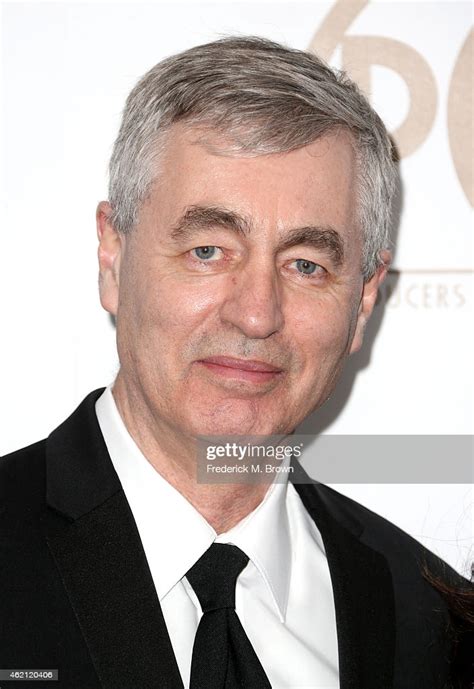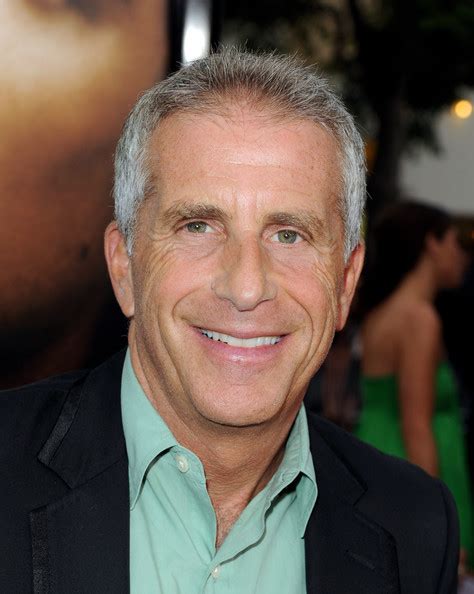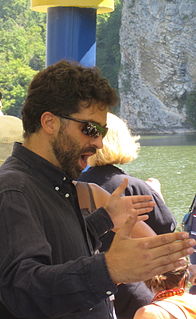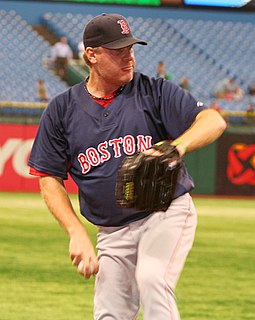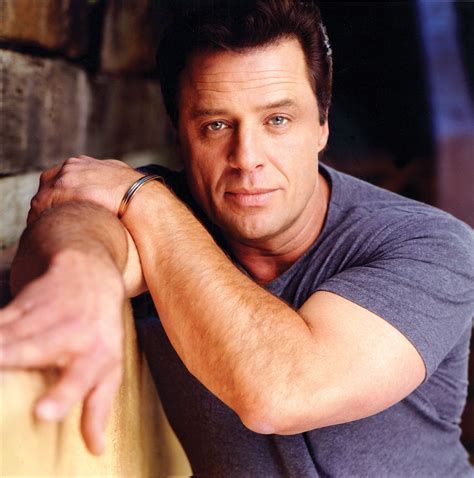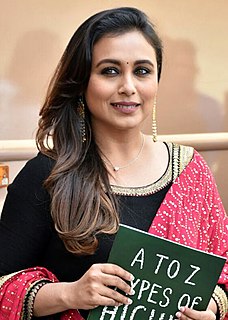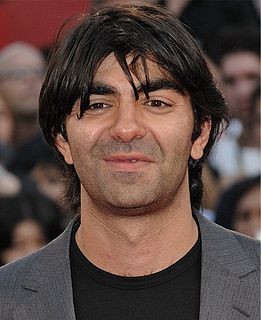A Quote by Rithy Panh
When I do feature films, I usually have a very strong sense of what I want to do. I have topics and subjects, so I go for it. I even know technically what I want to. But in the case of documentary, the story comes to me.
Related Quotes
I am very excited to work with people who have a strong vision of what they want. They're trying to tell a story, and they want to use me. I'm there to facilitate that. I really like that. I'm like, "Tell me where your frame is. Tell me what you want, what kind of story you want, and I will facilitate it." That's sort of my job, and it makes my work better when I'm working in that kind of a frame, and hopefully it's their work. It's incredibly collaborative, in the sense that you're working toward a common goal.
There is a documentary element in my films, a very strong documentary element, but by documentary element, I mean an element that's out of control, that's not controlled by me. And that element is the words, the language that people use, what they say in an interview. They're not written, not rehearsed. It's spontaneous, extemporaneous material. People
I generally go into a movie with a very strong vision, with how I want to make the film, how I want to shoot the film, how I want to edit the movie, what I want the sound to sound like. So I have a very concrete idea even if I don't storyboard it, I know exactly what I want to do once I get into the sequence. Now having said that, I try not to let that slave me to the process. So if I do storyboard a sequence I don't necessarily stick to it if I discover more exciting things on set.
It's difficult to make movies. For me it was easier, as a refugee in Switzerland, to make documentary films, because I didn't need a lot of money for it. The way I tell my story or my opinion would be very similar in both fiction and documentary forms. But I found I could speak more effectively to convey this brutal reality through documentary than I could through fiction.
A good print is really essential. I want to take strong documentary photographs that are as good technically as any of the best technical photographs, and as creative as any of the best fine-art photographs. [...] I don't want to just be a photo essayist; I'm more interested in single images...ones that I feel are good enough to stand on their own.
Though I technically come from a film family, my father had stopped making films even before my brother and I were born. So I did not really grow up in a filmi environment. And when I was growing up, becoming an actress was still quite a taboo. And you may not believe this, but even my father did not want me to join films.

